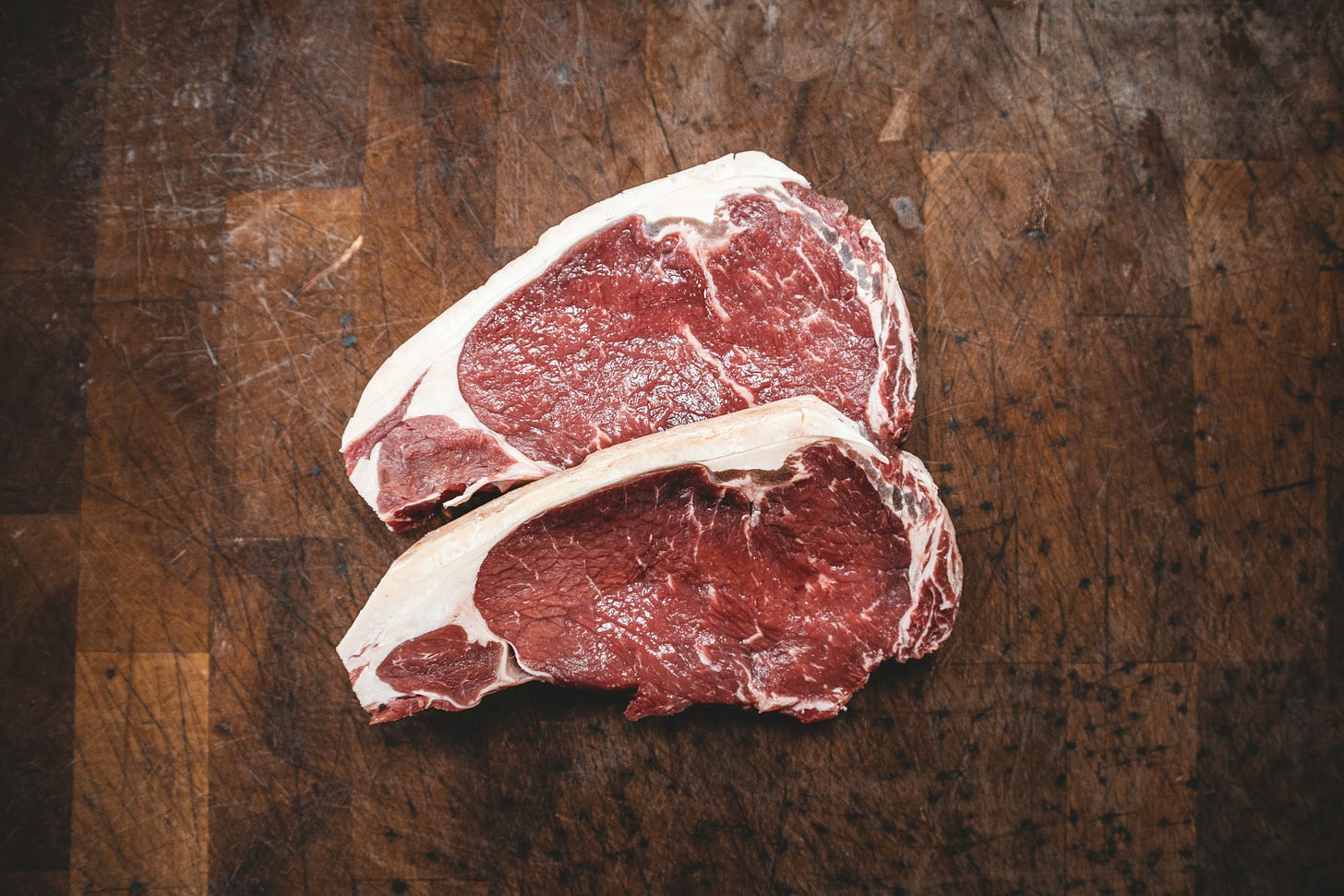We've Got a Protein Problem
Experts can't agree on whether we need more or less of it. Here's why.
Protein is popular—to put it lightly. It’s also one of the most debated topics in nutrition and longevity.
Ask one expert and you’ll hear that most of us are eating too little, setting ourselves up for muscle loss, frailty, and declining health as we age.
Ask another (or read most of the recent headlines from mainstream news articles) and you’ll hear war…



